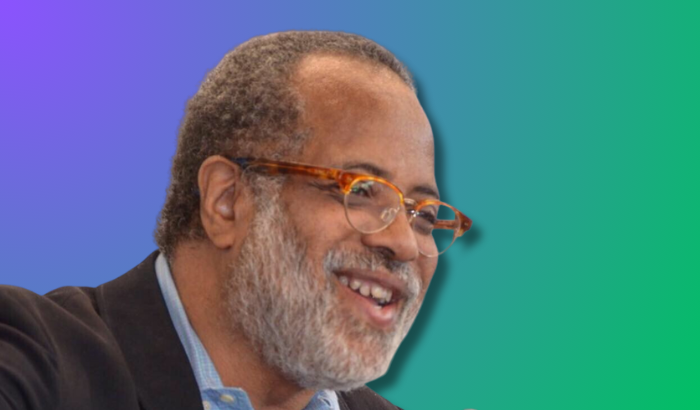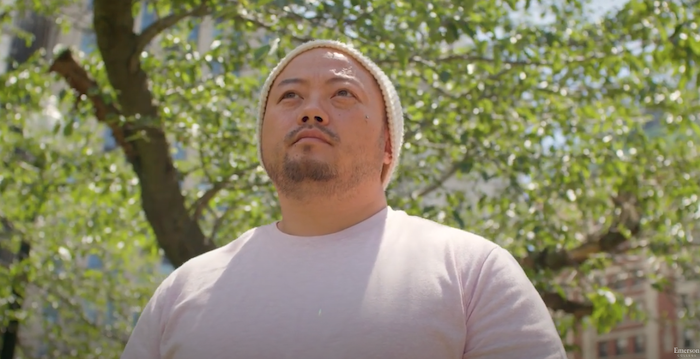
Even in 2012–Charles Ogletree and Austin Sarat wrote a book about “the new death penalty”
Today the Boston Globe published only two LTEs in response to Jeff Jacoby’s infuriating op-ed calling to keep life without parole, and one was 2 lines, the other in agreement with Jacoby. I am sure the Globe received many responses they chose not to publish.
Here’s mine:
Jeff Jacoby’s 8/6/23 op-ed “As capital punishment fades, progressives take aim at a new target,” is an attempt to scare readers into believing if Massachusetts ends the harsh sentence of life without parole (LWOP), we will be overrun with “merciless terrorist[s] or serial killer[s].”
As someone who studies and writes about LWOP, the truth is 1) Per a Stanford Law study, “the incidence of commission of serious crimes by recently released lifers has been minuscule” 2) “By a 2 to 1 margin, crime survivors prefer that the criminal legal system focus on rehabilitation rather than harsh sentencing;” 3) parole is not a “get out of jail free card.” In Mass, only 50% of those with parole eligible life sentences get positive parole votes. If released, all are on lifetime parole and strictly supervised by officers.
Jacoby ignores the racist implications of this sentence– “One in 5 Black men in prison is serving a life sentence,” while “Latinx individuals comprise 16% of those serving life sentences.” He also offensively implies that those who condemn prisons are to blame, as if ending LWOP will incite a “war to abolish punishment.”
Sadly, it is this kind of op-ed that fuels fear and propaganda.
_____________________________________________________________________-
Here is one from Nat Harrison
To the editor:
It should come as no surprise that, as Globe columnist Jeff Jacoby notes, there is now a burgeoning movement to eliminate criminal prison sentences that offer no possibility of parole. (“As capital punishment fades, progressives take aim at a new target,” Opinion, Aug 6, 2023).
The moral imperative to abolish life without parole (LWOP) is no different from that which has inspired the campaign to end capital punishment. LWOP and the death penalty both amount to the needless, cruel, state-sanctioned destruction of a life.
It’s now time for Massachusetts lawmakers to recognize this growing public revulsion, in the Commonwealth and elsewhere, and to approve legislation guaranteeing the possibility of parole review for all.
Nathaniel Harrison
 Formerly incarcerated Mac Hudson, now of Prisoners’ Legal Services, speaks at a rally to end harsh sentencing at the Massachusetts State House on Sept. 20 | Image via PLS
Formerly incarcerated Mac Hudson, now of Prisoners’ Legal Services, speaks at a rally to end harsh sentencing at the Massachusetts State House on Sept. 20 | Image via PLS



 Please read and share my latest article which examines why Massachusetts should expand college education behind bars. This is a subject near and dear to my heart since I taught in prison for 10 years before Pell Grants were abolished.
Please read and share my latest article which examines why Massachusetts should expand college education behind bars. This is a subject near and dear to my heart since I taught in prison for 10 years before Pell Grants were abolished.